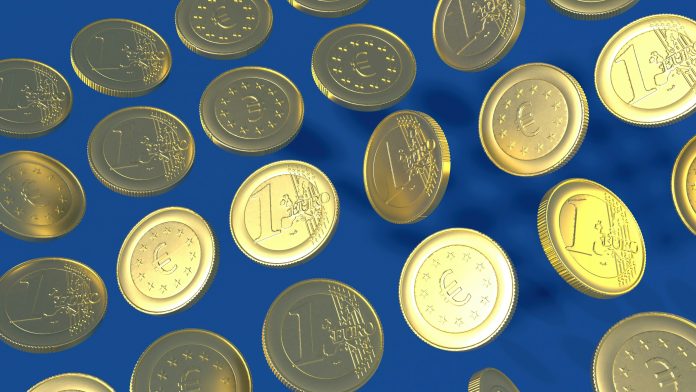The ECB is anticipated to lower interest rates at its upcoming meeting this Thursday, presenting new opportunities for global investors to leverage market shifts.
Nigel Green, CEO of deVere Group—one of the world’s largest independent financial advisory and asset management firms—signals a bullish outlook as the ECB is expected to implement its second rate cut of the year. Europe’s economy has been struggling to sustain growth, prompting this expected action.
Green states, “We forecast that the ECB will proceed with its second interest rate reduction of the year. We also anticipate another cut in December, followed by gradual reductions through 2025. This more accommodating monetary policy is likely to inject fresh liquidity into European markets, further supporting growth and potentially boosting asset prices.”
Meanwhile, the euro is trending towards parity with the US dollar. This shift reflects market expectations of aggressive ECB measures aimed at combating economic stagnation and aiding the Eurozone’s recovery.
Green comments, “With the ECB stepping in to support the economy and the euro’s decline making European assets more attractive to foreign investors, the current climate presents a unique opportunity for those looking to reposition themselves in global markets.”
Investors stand to benefit from the ECB’s rate cuts and the weakening euro. Lower interest rates typically boost equities by reducing borrowing costs for businesses, which enhances their investment and growth potential. As Europe’s recovery progresses, European equities may gain from increased liquidity and heightened investor interest.
“For global investors, this is an opportune moment to increase exposure to European stocks, particularly in sectors like tech, energy, and consumer goods, which are likely to benefit from a lower interest rate environment,” says Green.
With the euro expected to approach parity with the US dollar in the near future, investors holding European assets might consider currency hedging strategies to safeguard their returns.
Green advises, “For US-based investors, a weakening euro makes European assets cheaper, but currency depreciation might affect returns on euro-denominated investments. Hedging tools, such as currency options or forward contracts, can help manage exchange rate risks while still capitalizing on European market growth.”
As the ECB continues its easing cycle, European bond yields are likely to fall.
“This scenario could present opportunities in the fixed-income space, particularly in corporate bonds where investors might still find yields as businesses benefit from lower borrowing costs. For yield-seeking investors, diversifying into European bonds can offer stable returns, especially with continued central bank support for credit markets,” Green concludes.
Whether through increasing exposure to European equities, employing currency hedging, or exploring fixed-income investments, the current environment offers significant potential for those looking to capitalize on the ECB’s actions and evolving global market dynamics.



 Bitcoin
Bitcoin  Ethereum
Ethereum  Tether
Tether  XRP
XRP  USDC
USDC  Solana
Solana  TRON
TRON  Lido Staked Ether
Lido Staked Ether  Cardano
Cardano  Avalanche
Avalanche  Toncoin
Toncoin